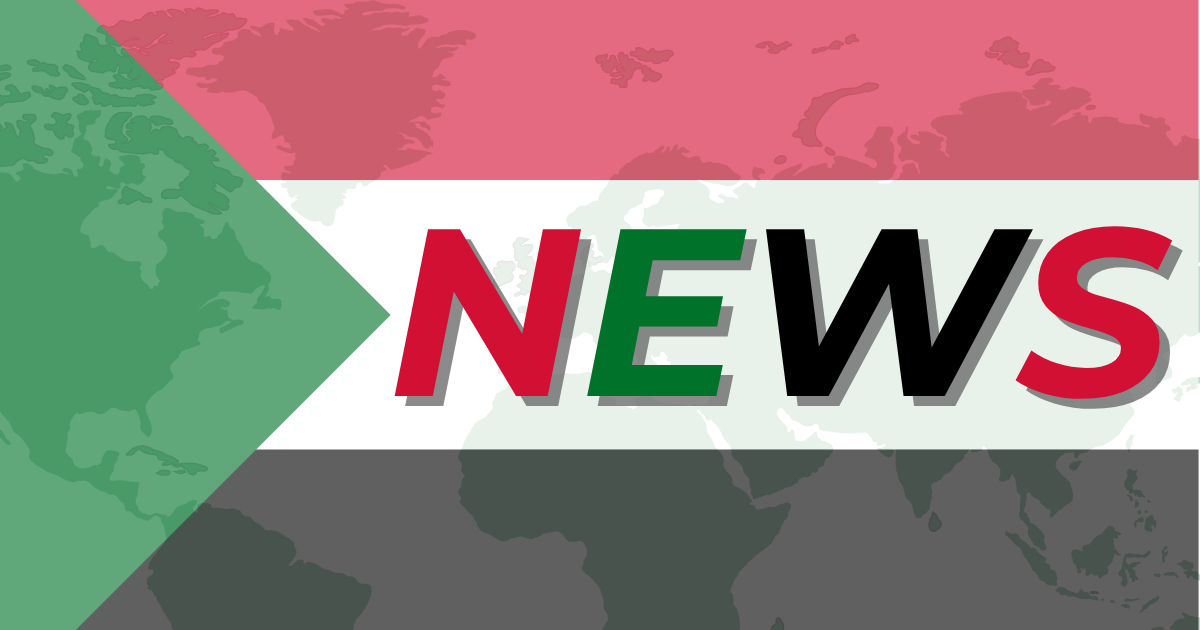
403
Sorry!!
Error! We're sorry, but the page you were looking for doesn't exist.
Ethnic violence erupts in Sudan’s El Fasher
(MENAFN) As residents fled El Fasher, Sudan, witnesses reported brutal ethnic attacks targeting civilians based on their tribe and skin color. The Rapid Support Forces (RSF), engaged in conflict with the national army since April 2023, seized the final military stronghold in western Darfur on October 26.
Reports have emerged of mass killings, abductions, sexual assaults, and ethnically motivated violence in the city. Survivors who escaped to nearby towns describe the chaos and terror they faced. Rights groups have raised alarms over potential ethnic massacres in areas controlled by the paramilitaries, though RSF officials have denied these allegations.
Hassan Osman, a university student from El Fasher, said fighters "judge you by your tribe, your skin colour and where your family is from. If you belong to certain tribes, they don't ask any questions, you are killed on sight." He added that the streets were "filled with bodies. Some were slaughtered. Some were eaten by dogs."
Amna Haroun of the Zaghawa tribe recounted watching RSF fighters kill her husband and eldest son. "They killed them right in front of my eyes, saying, 'We don't want you here'," she said.
Osman explained that darker-skinned residents, particularly Zaghawa civilians, faced "racial insults, humiliation, degradation and physical and psychological violence" as they fled. "If your skin is light, they might let you go," he said. "It's purely ethnic." He himself avoided direct violence because the RSF’s main enmity was with the Zaghawa.
Other survivors reported detention and abuse. Hussein, from the Fur tribe, said he and around 200 men were held in Garni, northwest of El Fasher, where they were beaten and insulted.
"They hit us with sticks and called us 'slaves'," he said. Civilians were also forced to pay sums of money for safe passage, with amounts determined by tribal identity. "They ask where your family is from and set the amount accordingly," Osman said.
An RSF officer denied the reported killings, saying, "We did not kill civilians or kill anyone because they belong to a [certain] tribe. These are just false accusations." Following the fall of El Fasher, the group issued directives emphasizing adherence to law and military discipline, including protection of civilians.
Nevertheless, monitoring organizations and the United Nations reported widespread atrocities, describing them as potential war crimes or crimes against humanity. UN experts noted that attacks mirrored earlier RSF campaigns in Zamzam camp and El Geneina, targeting Fur, Masalit, and Zaghawa communities "with the intent of terrorising, displacing and destroying them in whole or in part."
Medical aid workers who spoke with civilians in nearby towns said many fled due to their skin color. One worker said, "For me, the most terrifying part was being hunted down while they were running for their lives. Being attacked simply for being black."
Reports have emerged of mass killings, abductions, sexual assaults, and ethnically motivated violence in the city. Survivors who escaped to nearby towns describe the chaos and terror they faced. Rights groups have raised alarms over potential ethnic massacres in areas controlled by the paramilitaries, though RSF officials have denied these allegations.
Hassan Osman, a university student from El Fasher, said fighters "judge you by your tribe, your skin colour and where your family is from. If you belong to certain tribes, they don't ask any questions, you are killed on sight." He added that the streets were "filled with bodies. Some were slaughtered. Some were eaten by dogs."
Amna Haroun of the Zaghawa tribe recounted watching RSF fighters kill her husband and eldest son. "They killed them right in front of my eyes, saying, 'We don't want you here'," she said.
Osman explained that darker-skinned residents, particularly Zaghawa civilians, faced "racial insults, humiliation, degradation and physical and psychological violence" as they fled. "If your skin is light, they might let you go," he said. "It's purely ethnic." He himself avoided direct violence because the RSF’s main enmity was with the Zaghawa.
Other survivors reported detention and abuse. Hussein, from the Fur tribe, said he and around 200 men were held in Garni, northwest of El Fasher, where they were beaten and insulted.
"They hit us with sticks and called us 'slaves'," he said. Civilians were also forced to pay sums of money for safe passage, with amounts determined by tribal identity. "They ask where your family is from and set the amount accordingly," Osman said.
An RSF officer denied the reported killings, saying, "We did not kill civilians or kill anyone because they belong to a [certain] tribe. These are just false accusations." Following the fall of El Fasher, the group issued directives emphasizing adherence to law and military discipline, including protection of civilians.
Nevertheless, monitoring organizations and the United Nations reported widespread atrocities, describing them as potential war crimes or crimes against humanity. UN experts noted that attacks mirrored earlier RSF campaigns in Zamzam camp and El Geneina, targeting Fur, Masalit, and Zaghawa communities "with the intent of terrorising, displacing and destroying them in whole or in part."
Medical aid workers who spoke with civilians in nearby towns said many fled due to their skin color. One worker said, "For me, the most terrifying part was being hunted down while they were running for their lives. Being attacked simply for being black."

Legal Disclaimer:
MENAFN provides the
information “as is” without warranty of any kind. We do not accept
any responsibility or liability for the accuracy, content, images,
videos, licenses, completeness, legality, or reliability of the information
contained in this article. If you have any complaints or copyright
issues related to this article, kindly contact the provider above.


















Comments
No comment